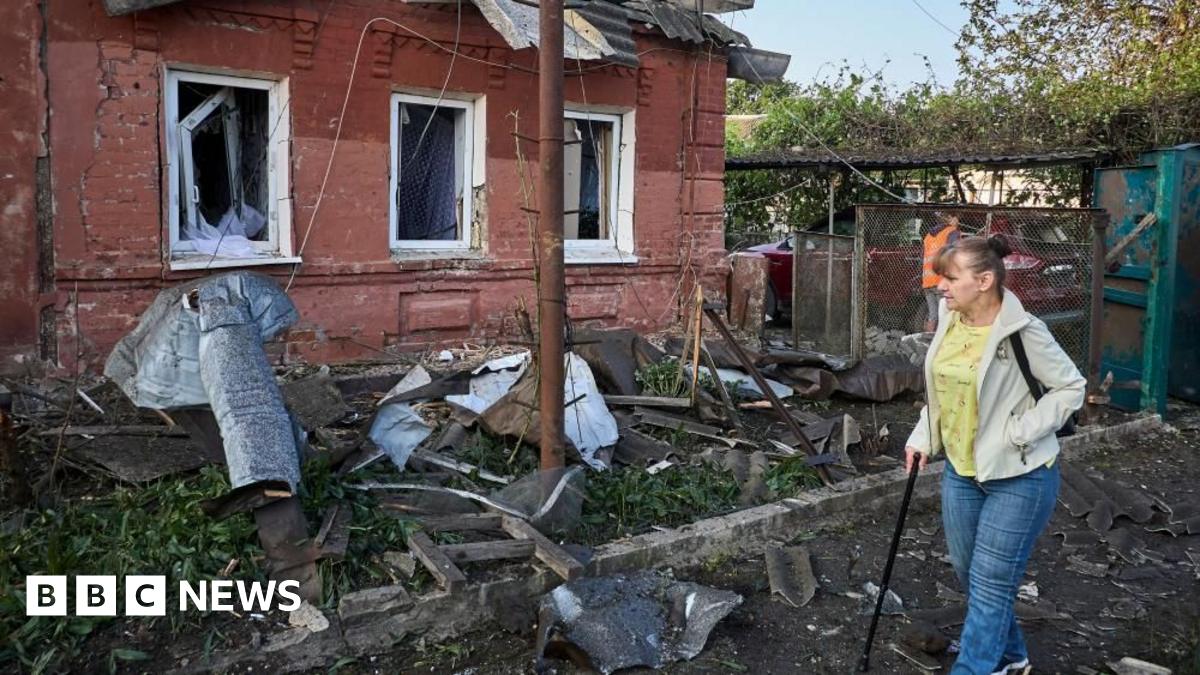Boulder Terror Attack Suspect's Family Receives Temporary Reprieve: Deportation Blocked by Judge

Boulder Terror Attack Suspect's Family Receives Temporary Reprieve: Deportation Blocked by Judge
A Colorado judge has temporarily halted the deportation of the family members of Mohamed Sabry Soliman, the man accused of planning a terror attack at the University of Colorado Boulder. This decision provides a crucial moment of stability for the family amidst the ongoing legal proceedings against Soliman.
Soliman, who faces multiple federal charges including attempting to provide material support to terrorist organizations, came to the United States in late 2022 on a tourist visa. After the visa's expiration, he remained in the country, subsequently filing for asylum. The complexities of his case, and now the potential deportation of his family, have drawn significant attention and legal scrutiny.
The Legal Battle and the Judge's Ruling
The family's deportation was initiated following Soliman's arrest. However, legal representatives for the family argued that their deportation would be detrimental to the ongoing legal proceedings and could potentially hinder the gathering of crucial information related to the case. They also raised concerns about the family's safety and well-being should they be returned to their country of origin, citing potential political instability and persecution.
The judge, considering these arguments, issued a temporary restraining order, effectively blocking the family's deportation. This order is not a final decision on their immigration status but provides a temporary reprieve while the court evaluates the full scope of the situation. A hearing is expected to be scheduled soon to further discuss the matter and determine the next steps.
Understanding the Charges Against Soliman
Mohamed Sabry Soliman is accused of plotting an attack at the University of Colorado Boulder. Federal authorities allege that he expressed support for terrorist groups and attempted to acquire materials that could be used to carry out an attack. The details of the alleged plot remain under investigation, and Soliman maintains his innocence. His trial is expected to be lengthy and complex, involving extensive evidence and witness testimony.
Implications for the Family and the Community
The judge's decision has been met with mixed reactions. Supporters of the family express relief that they will not be separated during this difficult time. They emphasize the importance of due process and the need to consider the human impact of immigration enforcement. Critics, however, argue that the judge's order could potentially compromise national security and that the family should be deported regardless of the ongoing legal proceedings.
This case highlights the delicate balance between upholding the law, protecting national security, and ensuring fairness and compassion in immigration matters. It also underscores the profound impact that legal proceedings can have on families and communities, particularly in cases involving allegations of terrorism.
Looking Ahead
The temporary restraining order is just one chapter in a much larger and ongoing story. The legal proceedings against Soliman will continue, and the fate of his family's immigration status remains uncertain. The court will need to carefully weigh all relevant factors before making a final decision, considering both the legal and humanitarian implications of its ruling. The case serves as a reminder of the complexities and challenges inherent in the intersection of immigration law, national security, and individual rights.






